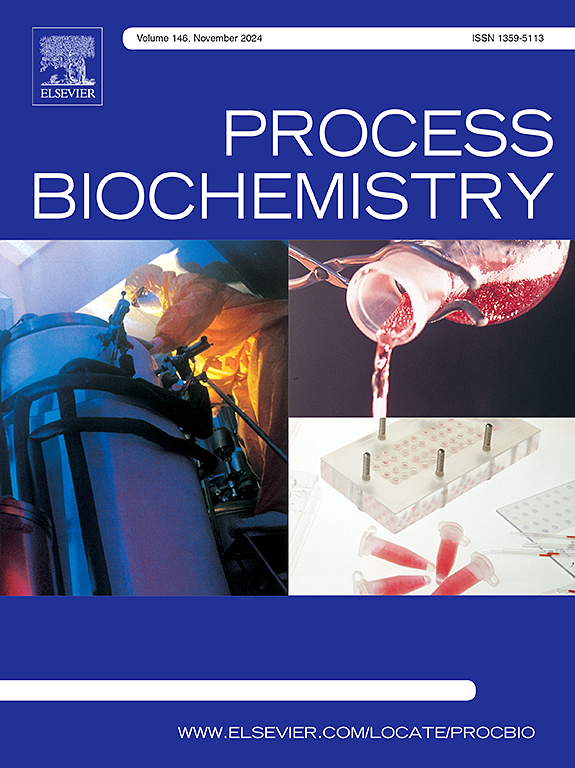Understanding selenoproteins: Structural insights, biological functions and transformative applications in therapeutics
IF 3.7
3区 生物学
Q2 BIOCHEMISTRY & MOLECULAR BIOLOGY
引用次数: 0
Abstract
Present study summarizes the key role of selenoproteins in biological processes, their therapeutic potential, and the implications of their dysfunction in various diseases. Selenoproteins play a vital role in various biological functions, including antioxidative defense, thyroid hormone metabolism, and redox balance maintenance. These proteins are critical for immune responses, muscle development, and cellular integrity. Sophisticated techniques like X-ray crystallography and mass spectrometry have been used to characterize their structures and interactions. Selenoproteins have promising applications in medicine as therapeutic agents and nutritional supplements for cancer, cardiovascular disorders, immune function, mitochondrial health, and neurodegenerative diseases. Deficiencies in dietary selenium or mutations in selenoproteins can lead to disorders such as cancer, Kashin-Beck disease, Keshan disease, atherosclerosis, and DNA damage. This review covers the occurrence, diversity, biological roles, and therapeutic potential of selenoproteins in health and disease. In conclusion, selenoproteins are essential for maintaining cellular homeostasis and overall health, with their diverse biological roles, therapeutic potential, and association with various diseases. Future research should focus on further elucidating the molecular mechanisms underlying selenoprotein function, optimizing their therapeutic applications, and exploring novel strategies for preventing and treating selenoprotein-related diseases.
求助全文
约1分钟内获得全文
求助全文
来源期刊

Process Biochemistry
生物-工程:化工
CiteScore
8.30
自引率
4.50%
发文量
374
审稿时长
53 days
期刊介绍:
Process Biochemistry is an application-orientated research journal devoted to reporting advances with originality and novelty, in the science and technology of the processes involving bioactive molecules and living organisms. These processes concern the production of useful metabolites or materials, or the removal of toxic compounds using tools and methods of current biology and engineering. Its main areas of interest include novel bioprocesses and enabling technologies (such as nanobiotechnology, tissue engineering, directed evolution, metabolic engineering, systems biology, and synthetic biology) applicable in food (nutraceutical), healthcare (medical, pharmaceutical, cosmetic), energy (biofuels), environmental, and biorefinery industries and their underlying biological and engineering principles.
 求助内容:
求助内容: 应助结果提醒方式:
应助结果提醒方式:


